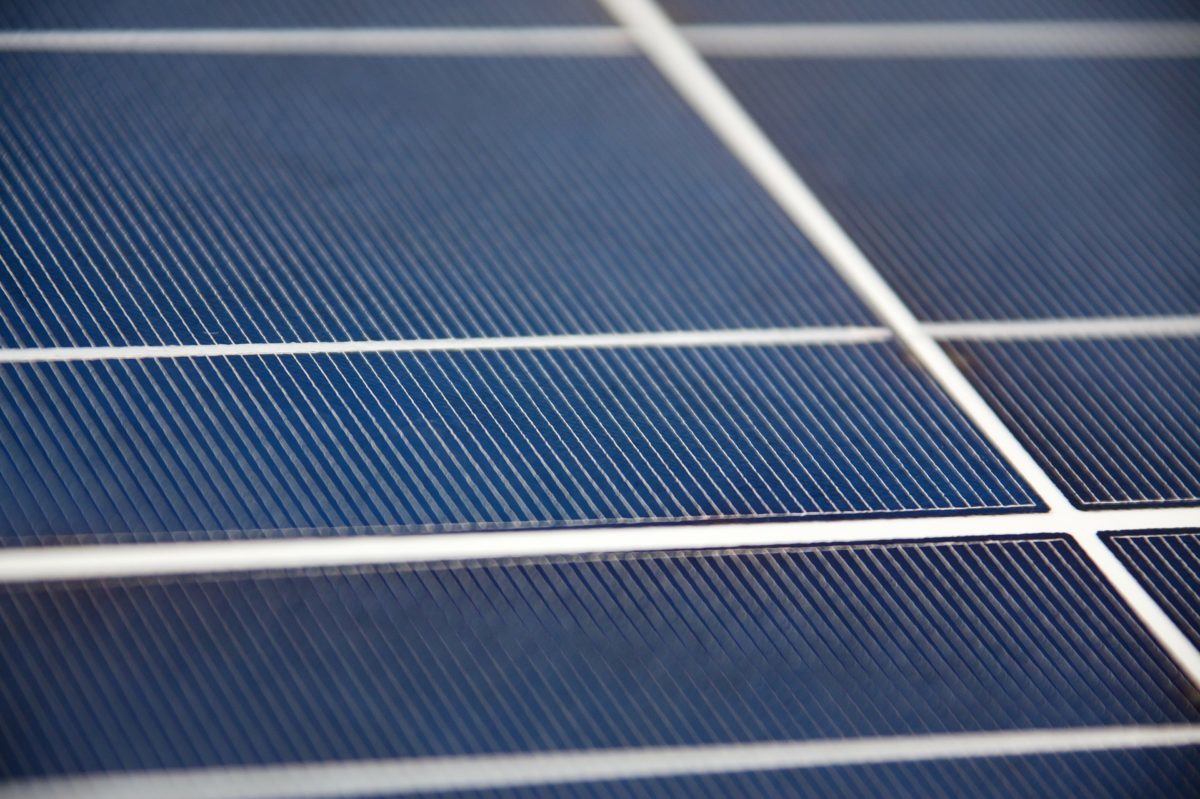The coronavirus outbreak in China may have a months-long impact on the Australian solar sector with PV module stockpiles likely to be exhausted soon. After discussing the coronavirus impact with a few key solar panel manufacturers, Solar Juice co-founder and head of supply, Rami Fedda said in a video message on LinkedIn on Monday that it seemed the impact on the supply chain would most likely cause a PV module shortage.
After the Chinese government extended the new year holidays as part of its coronavirus mitigation measures, many have returned to work on Monday but some have not been able to start work immediately due to traveling from other provinces and needing to be quarantined for at least 14 days. According to Fedda, this means that factories have been running under capacity due to a staff shortage. On top of that, other parts of the supply chain have also been affected, such as trucking and ports, with many containers on the wharf, waiting to get on vessels.
“We expect things to return back to normal to China around early March,” Fedda said, while warning things will not be running smoothly in Australia until early April. “We strongly believe the stock available in Australia will not get us through to mid-March, let alone late March.”
With around 90% of the solar modules on Australian rooftops featuring “Made in China” labels, according to data from SunWiz, Fedda stressed that customers should look at alternative products and non-Chinese brands, like REC, LG and QCells. “We want everybody to start planning by the month, not just by the day, and this will reduce the chance of getting disappointed due to not having panels – because if there’s no panels there’s no solar installations,” he said.
Beyond potential solar project delays, the coronavirus outbreak is predicted to cause a PV module price spike affecting the industry worldwide. Investment banking company Roth Capital Partners has predicted solar prices including the cost of PV modules could rise in the near term as a result of shortages of solar wafers and module glass.
The supply issues are also expected to hit the battery storage market with WoodMac predicting a knock-on effect for large-scale energy storage deployment in Australia, the U.S. and the U.K. According to the U.S.-owned market intelligence firm, tight battery cell supply could cause delay risks to grid-scale storage deployments in Australia, which was tipped as one of the leading world markets for battery storage deployment in 2020 pre-coronavirus outbreak. Australia and China had been expected to add around 1 GW of grid-scale energy storage capacity between them, WoodMac said, but that figure may now face revision because of the coronavirus.
This content is protected by copyright and may not be reused. If you want to cooperate with us and would like to reuse some of our content, please contact: editors@pv-magazine.com.









By submitting this form you agree to pv magazine using your data for the purposes of publishing your comment.
Your personal data will only be disclosed or otherwise transmitted to third parties for the purposes of spam filtering or if this is necessary for technical maintenance of the website. Any other transfer to third parties will not take place unless this is justified on the basis of applicable data protection regulations or if pv magazine is legally obliged to do so.
You may revoke this consent at any time with effect for the future, in which case your personal data will be deleted immediately. Otherwise, your data will be deleted if pv magazine has processed your request or the purpose of data storage is fulfilled.
Further information on data privacy can be found in our Data Protection Policy.